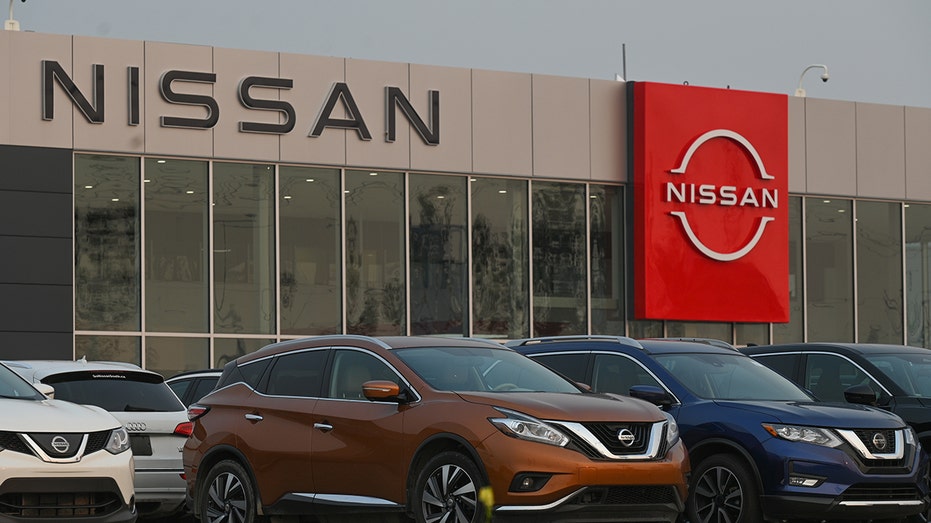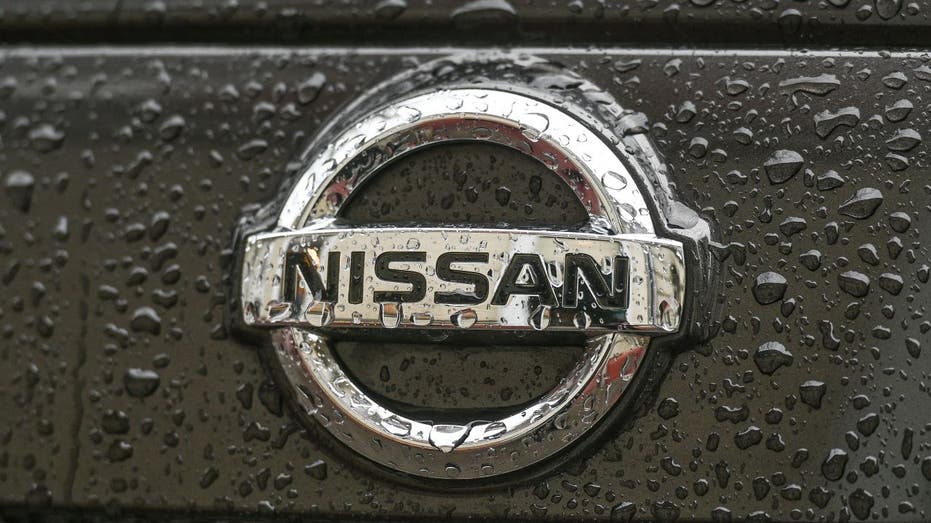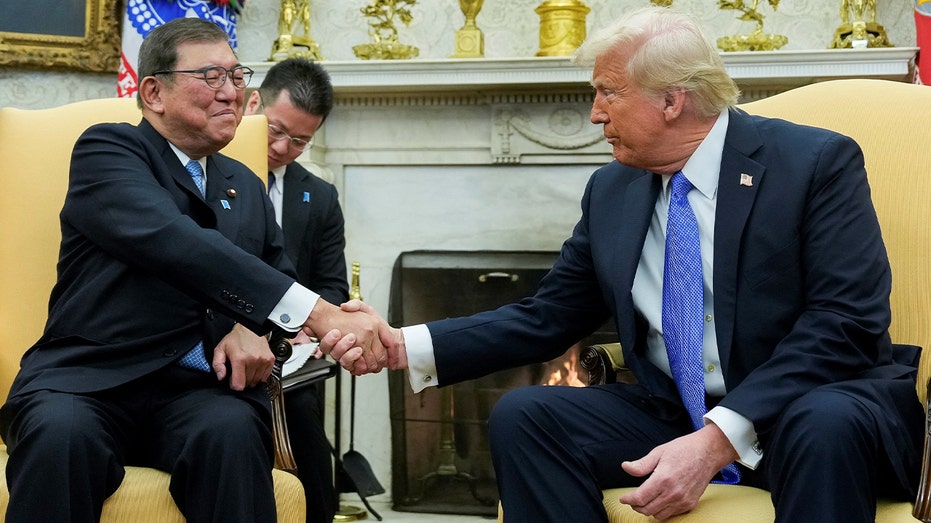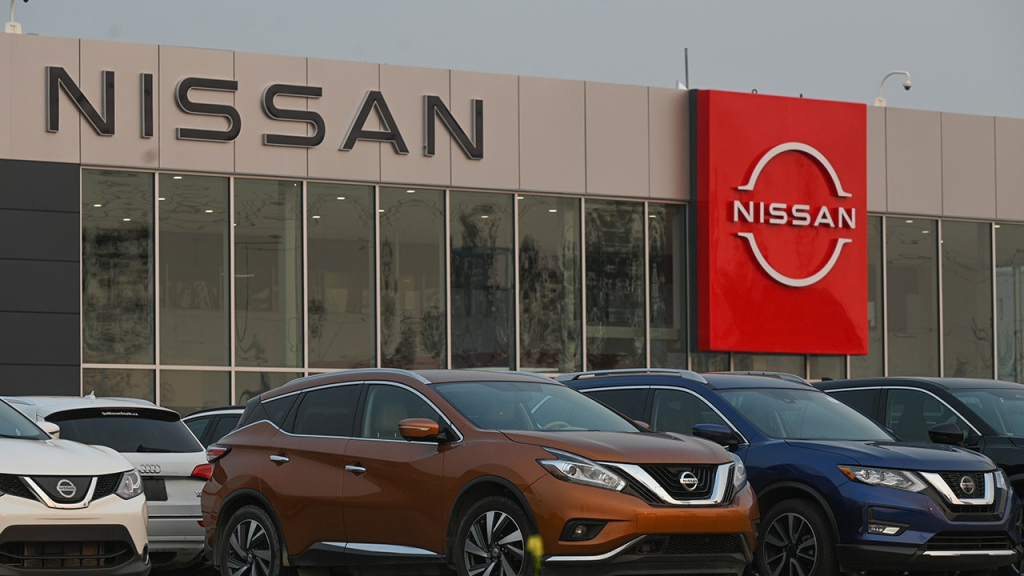Nissan, the Japanese automotive giant, has announced a substantial increase in its planned workforce reductions, raising the number of anticipated job cuts by 11,000 as part of its ambitious recovery initiative, “Re-Nissan.” The total number of job losses is now projected to reach 20,000 by 2027.
The company has characterized the upcoming fiscal year (FY) 2024 as “challenging,” attributing the need for heightened cuts to “rising variable costs” and an “uncertain environment.” Through the “Re-Nissan” program, Nissan intends to achieve savings of approximately $3.4 billion (or 500 billion yen) by FY 2024. The strategy involves not only job reductions but also a consolidation of manufacturing facilities, with plans to decrease its production plants from 17 to 10 by FY 2027.

PRESIDENT TRUMP WORKING ON LARGER TRADE DEALS
Initially, in November 2024, Nissan had projected job cuts of 9,000 positions worldwide. The then-president and CEO, Makoto Uchida, took a significant step by voluntarily deciding to forfeit half of his monthly salary, joining other executive committee members in accepting reductions in their compensation. Uchida ultimately resigned in April 2025 following the collapse of a merger deal between Nissan and Honda.
During FY 2024, Nissan recorded global sales of 3.346 million units but reported a staggering net loss exceeding $4.5 billion (670.9 billion yen). The automaker faced declines in sales across various markets, including China, where it plans to pivot towards electric vehicles as part of its recovery strategy.

TOP AUTOMAKER COULD MOVE SOME PRODUCTION OUT OF MEXICO AMID TRUMP TARIFF TALKS, CEO SAYS
The outlook for Nissan in FY 2025 remains uncertain as the company grapples with the implications of President Donald Trump’s tariffs. Currently, Nissan is “prioritizing U.S.-built products, optimizing local capacity and reallocating tariff-exposed production,” as part of its mitigation strategy.
The company announced on its website that, due to the unpredictable tariff landscape, it has yet to finalize guidance for its operating profit, net income, and auto-free cash flow for the next fiscal year.

GET Finance Newso BUSINESS ON THE GO BY CLICKING HERE
In remarks made on a Fuji Television morning program, Japanese Prime Minister Shigeru Ishiba, who met with Trump in Washington, D.C., earlier this February, emphasized his commitment to advocating for the repeal of U.S. tariffs. Ishiba indicated that trade negotiations with the United States are progressing positively, describing the relationship between Japan and Trump as “surprisingly good,” according to Reuters.


























